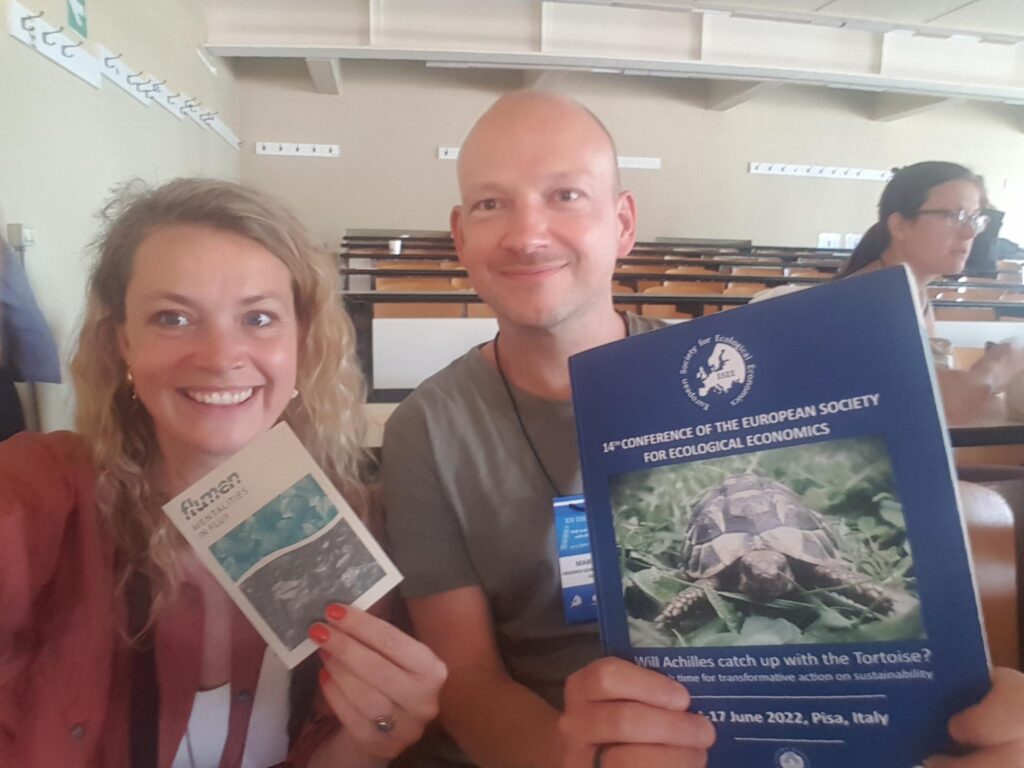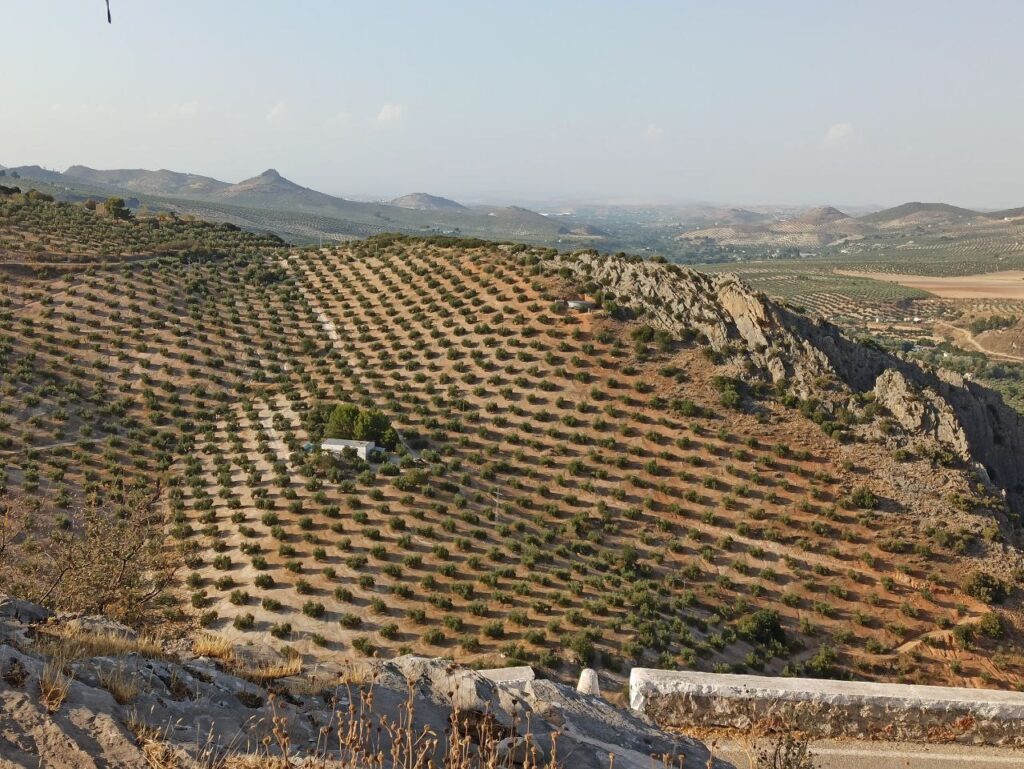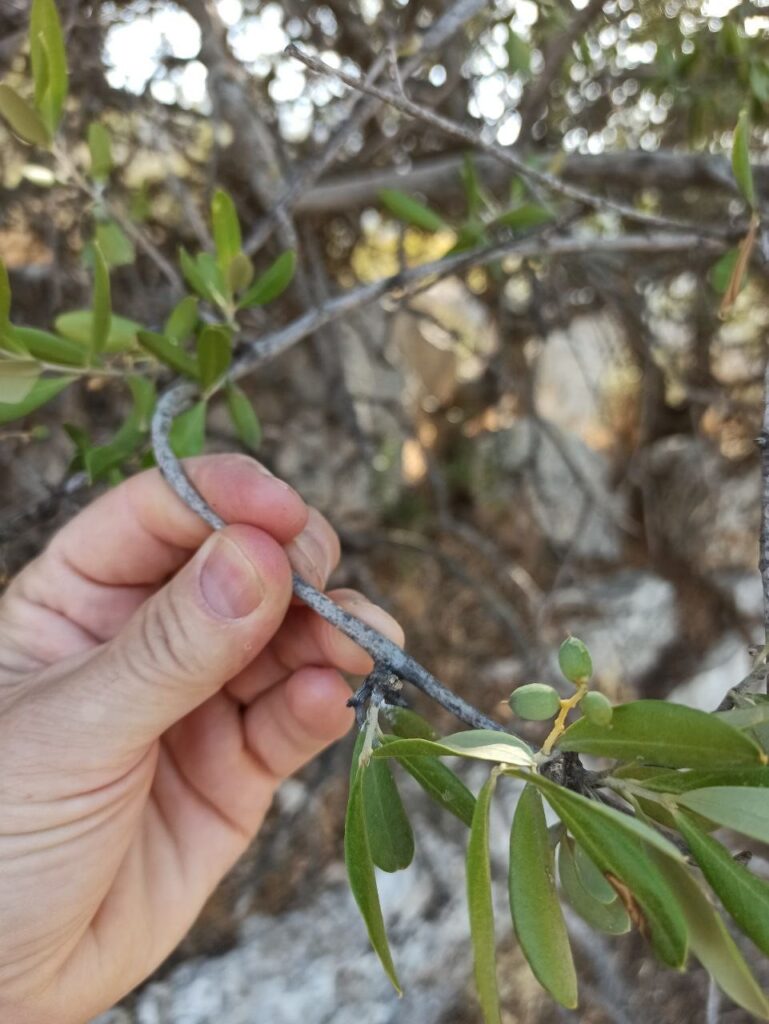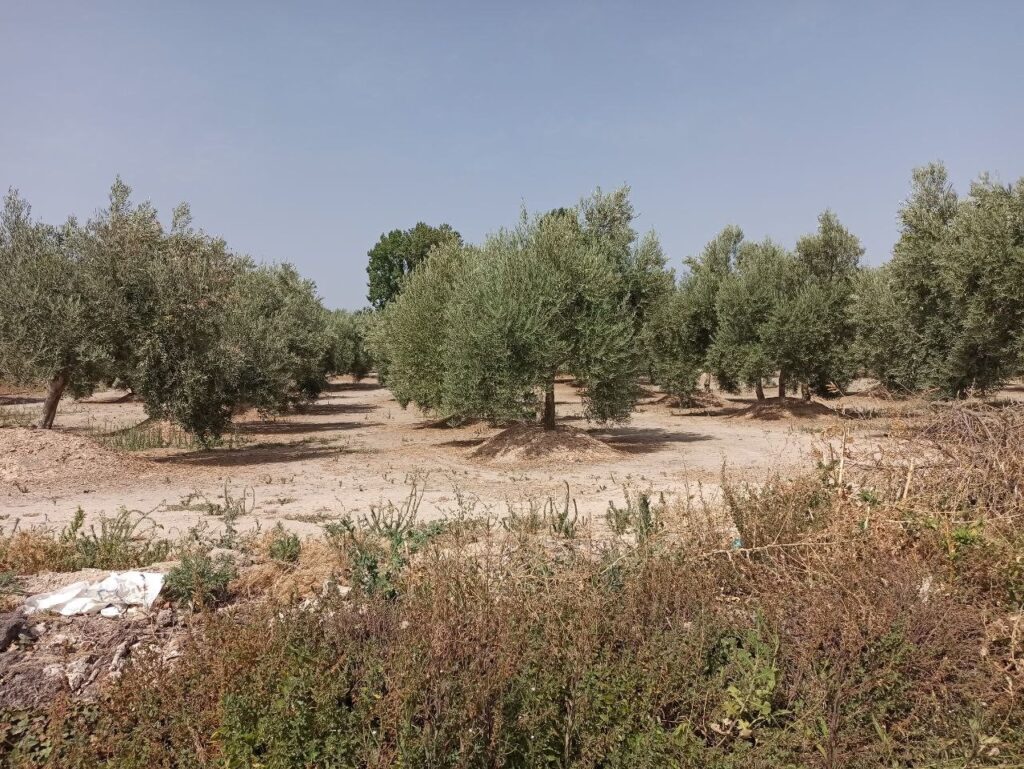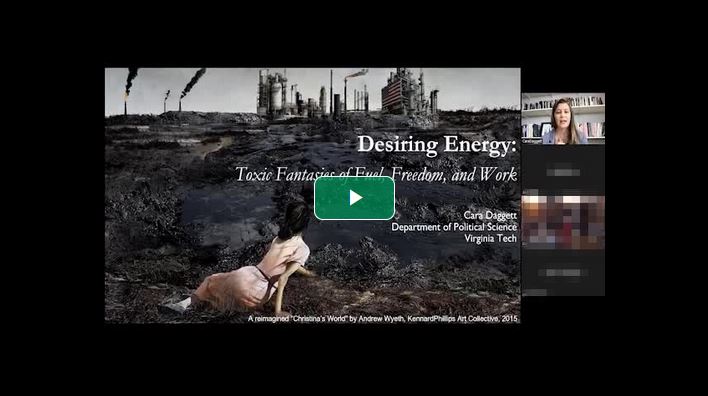We hereby warmly invite you to our next “Scientific Coffee HFR” session. To join the event, please use the Zoom Link below.
14 September 2022
13-15 CET / 14-16 EEST
Input: Ronja Mikoleit (University of Freiburg)
Climate heroes in the forest – Heroic (self-)representations in forestry and their consequences
Ronja Mikoleit is a PhD student and researcher at the Chair of Sustainability Governance at Freiburg University, Germany, part of the DFG research training group ConFoBi (Conservation of Forest Biodiversity in Multiple-Use Landscapes of Central Europe), and is currently also working at the Department of Societal Change of the Forest Research Institute Baden-Württemberg (FVA). In her PhD project on “professional epistemologies”, she explored various fields of practice in forestry, using the management of public forests in the southern Black Forest region as a specific study context. Interested in the dimension of practical and incorporated knowledge, she studied foresters’ everyday work situations inside and outside the forest from a practice-theoretical perspective, conducting participatory observation and interviews. In her talk, she will present a current paper written together with Roderich von Detten, which engages with representations of foresters as ‘climate heroes’ and the tensions and challenges arising from this conceptualization.
zoom-link: https://uni-jena-de.zoom.us/j/61027392103, Meeting-ID: 610 2739 2103, code: 513063
—
Scientific Coffee “Human-Forest-Relationships”
Let’s sit and talk in the scientific café! The “Scientific Coffee HFR” sessions give room for open and relaxed discussions on current research subjects related to human and society relations to forests. It warmly welcomes all interested in forest-related research to join online sessions.
Each session lasts approximately two hours. It starts with a 30-minutes presentation of a guest speaker. After the presentation, with coffee or tea and cookies at hand, participants have plenty of room for an open discussion and exchange.
The “Scientific Coffee HFR” takes place two to three times per semester on Wednesday afternoons.
Guest speakers wanted! If you are interested in contributing to the “Scientific Coffee HFR”, please contact either judith.kiss(at)uni-jena.de or tuulikki.halla(at)uef.fi with info on your subject (title and short abstract) and a preferred Wednesday (13-15 CET / 14-16 EET).
The idea for a scientific coffee HFR came up during a cooperation between Finnish and German researchers in 2021. The Finnish research project Human-Forest Relationships in Societal Change and the German research group Mentalities im Flux (flumen) organized the workshop “Contested Society-Nature-Relations. Forest related Emotions, Practices & Conflicts in Times of Societal Change” in May 2021. The first “Scientific Coffee HFR” session was held in September 2021.
The “Scientific Coffee HFR” is organized by:


